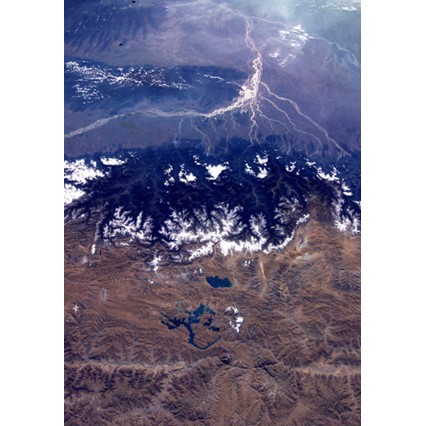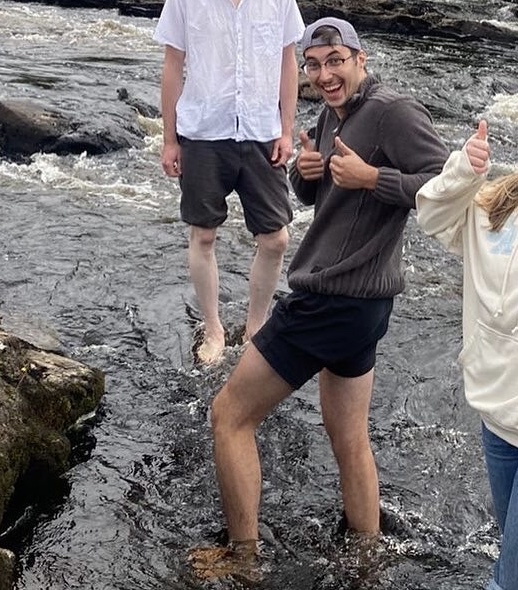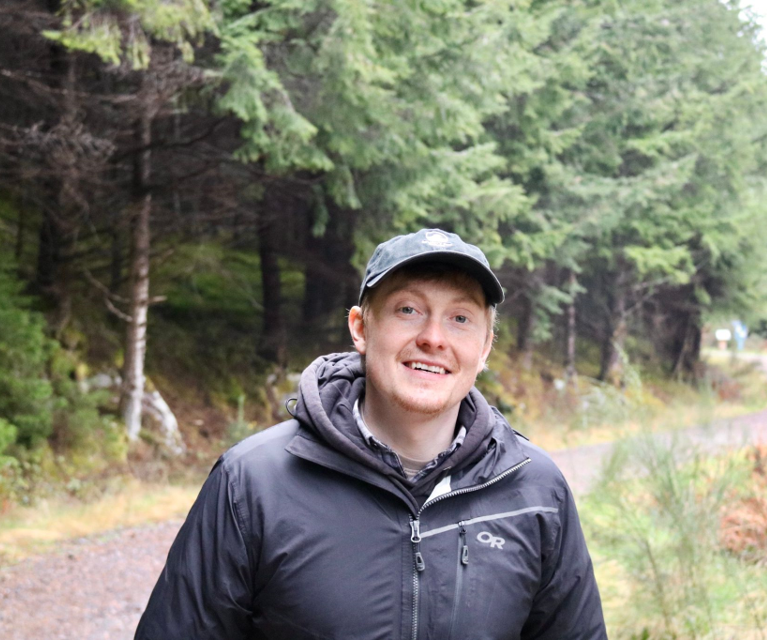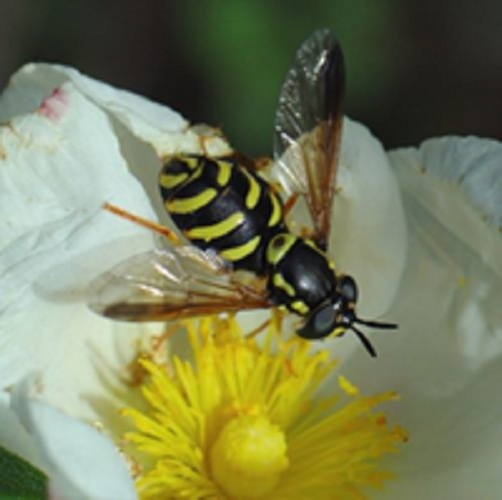The Tibetan Plateau, commonly known as the “the roof of the world”, supplies freshwater for nearly two billion people. Water storage is crucial in determining hydrologic transport and water availability but is highly sensitive to climate change. Water storage change is a critical indicator of vulnerability of the “Asian Water Tower”. Despite its importance, the […]
Read More
PhD: The influence of groundwater and soil conditions on future flood risk of UK estuaries Location: British Geological Survey, Nottingham University: School of Ocean Sciences, Bangor university Email: ankbha@bgs.ac.uk LinkedIn: linkedin.com/in/ankita-bhattacharya-93a32776 I completed my 3-years M.ScTech (Applied Geology) in 2015 from Indian School of Mines, Dhanbad and was recipient of the university silver medal. The […]
Read More
PhD: The Atmospheric Chemistry of Peroxy Radicals Location: University of Nottingham Contacts: University email: pcyejba@nottingham.ac.uk LinkedIn: www.linkedin.com/in/edward-bates-1a1891207 Group website: https://rcpchem.com/ I am an Envision affiliated student who studies at the University of Nottingham in the School of Chemistry. My research involves developing and using a Cavity Ring-Down Spectroscopy (CRDS) setup to study the autoxidation of […]
Read More
PhD: Modelling the future of coastal soft cliffs under changing climate Location: University of Nottingham emails: matthew.appleton1@nottingham.ac.uk (main) also: mapp1@bgs.ac.uk (alternative) twitter: @Matt72286888 I am a first year PhD student, funded by ENVISION, working between the University of Nottingham and the British Geological Survey. My research focusses on modelling the retreat of cliff-beach-platform systems under […]
Read More
PhD: Improving disease resilience in aquaculture in changing climates. Location: University of Nottingham LinkedIn: https://www.linkedin.com/in/lisakw/ Twitter: https://twitter.com/LisaWolf9701 Email: Lisa.kingwolf@nottingham.ac.uk I completed my joint undergraduate and postgraduate degree (MSci) in Biological Sciences at the University of Aberdeen in 2022 where I focused mainly on sustainable aquaculture and evolutionary parasitology. My PhD aims to further the understanding […]
Read More
PhD: The impact of small impoundments and connectivity loss on fish distribution and abundance in river ecosystems: leveraging cutting edge geospatial modelling and eDNA approaches Location: University of Nottingham Email Edward Dilks Edward.dilks@nottingham.ac.uk I completed an undergraduate degree in Biochemistry at Lancaster University in 2014 and followed this with a Msc in Molecular Microbiology at […]
Read More
PhD: The evolution of metabolic adaptation to environmental change. Location: University of Nottingham Email Henry Lewis Ecological transitions between environments usually entail dietary shifts. Research regarding adaptive evolutionary responses have, until recently, rarely discussed genetically encoded metabolic changes required to transgress nutritional gradients during environmental change. Compared to saltwater equivalents, freshwater environments possess low dietary […]
Read More
Applications are invited for a PhD studentship within the NERC-ENVISION Doctoral Training Partnership, co-funded by JBA Trust, with a project entitled: “Modelling extreme sea states in a changing climate”. Coastal systems are extremely important for the natural environment worldwide. Waves are among the most important physical drivers for their evolution. Climate change involves transformation in […]
Read More
Rewilding is an approach to conservation which seeks to regenerate degraded ecosystems in a self-sustaining way, with relatively little ongoing management. Rewilding projects are proliferating in the UK, especially following the high-profile success of the Knepp Wildland project in West Sussex, and are potentially transformative in attempts to protect and enhance biodiversity nationally. There is […]
Read More
Invasive species are a key cause of biodiversity decline in freshwater systems. Crayfish are a particularly problematic invader, with multiple species ranked amongst the worst global invaders. However, relatively little is known about invasive crayfish in tropical rivers. There is also growing evidence that invasive crayfish can have both ecological and geomorphological impacts, which can […]
Read More










